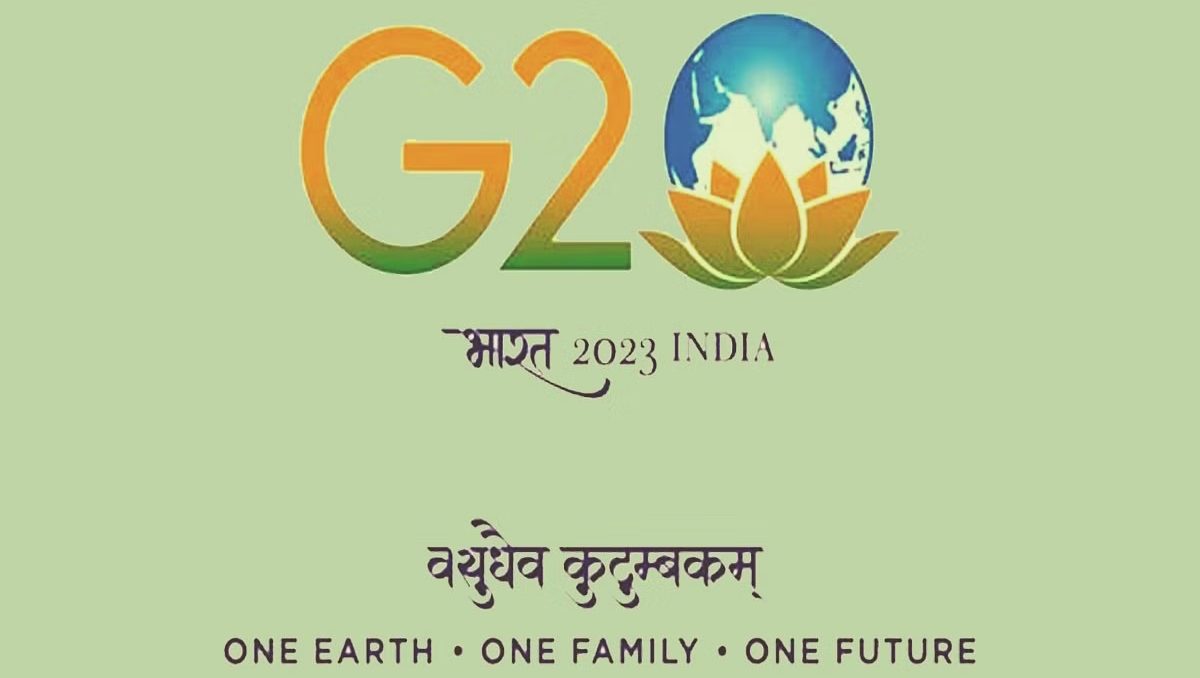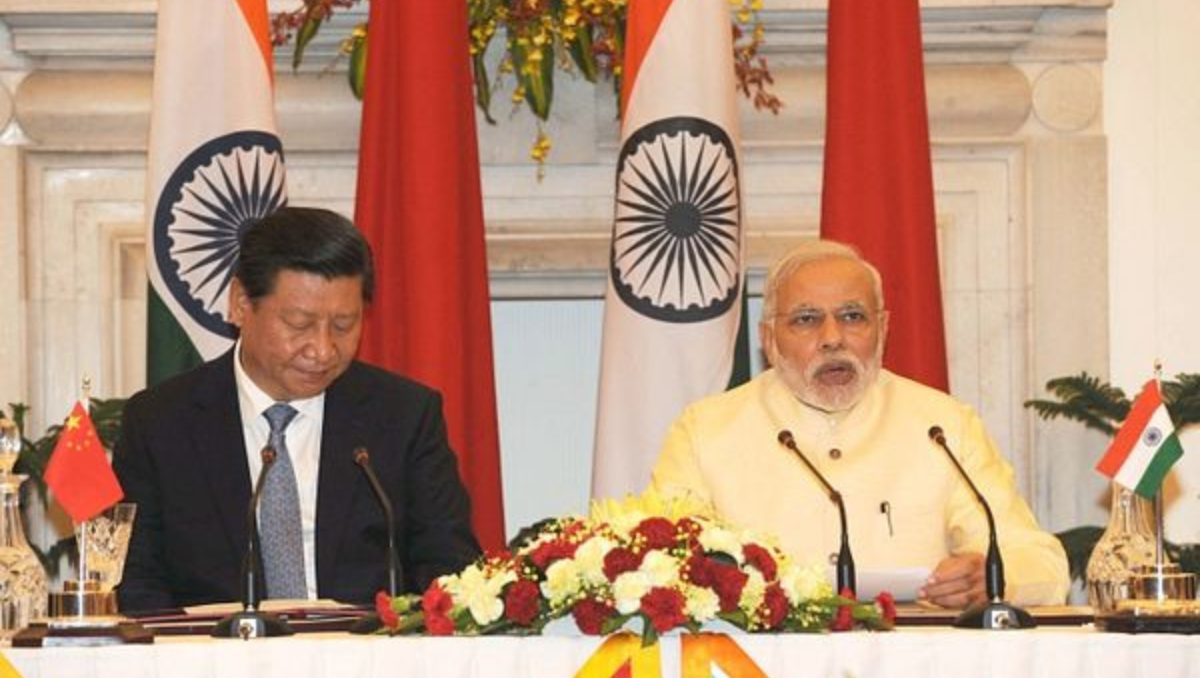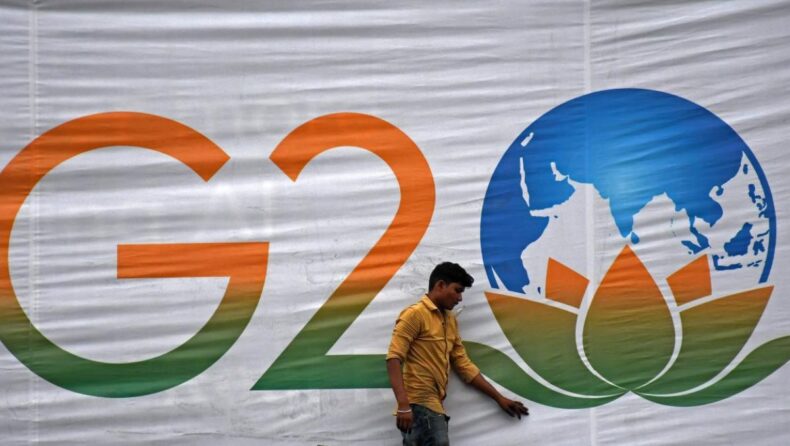China has recently shown its dissent regarding the inclusion of the adage “Vasudhaiva Kutumbakam” on the official documents released by New Delhi. It is observed that China disapproves of the use of the Sanskrit phrase in the earlier G20 Energy Ministers’ Outcome document and Chair’s Summary on Energy Transitions, and several other G20 documents.
The reason China opposes the use of the phrase “Vasudhaiva Kutumbakam” is due to its roots in the Sanskrit language. China held that India cannot use this term due to its unrecognized status in the United Nations. There are only six official languages upheld by this international organization, and Sanskrit is not one of them. Arabic, Chinese, English, French, Russian, and Spanish are those six official languages that received their status in 1946 as working languages.
It has been noticed that the participating nations have supported India in the use of its Sanskrit phrase, owing to the fact that the decision to use the theme lies solely with the authorization of the nation’s presidency.
It has been reported that China is against welcoming or endorsing this term as a concept. However, its mention ‘in context’ is not opposed by them. The Ministry of External Affairs has not issued any statement against the validation of these sources yet.
Rejecting its Use in G20 Documents

By examining the recent G20 document, Energy Transitions Ministers’ Meeting Outcome Document and Chair’s Summary, it has been distinguished that it only carries the English translation of the concept of “Vasudhaiva Kutumbakam—One Earth, One Family, One Future.”
It stated in its first paragraph, “We, the G20 Energy Ministers, met under India’s G20 Presidency, with the theme ‘One Earth, One Family, One Future’ in Goa, India, on July 22, 2024.”
Whereas, other documents like the Environment and Climate Ministers’ Meeting Outcome Document and Chair’s Summary stated that “We, the G20 Environment and Climate Ministers, met in person in Chennai on the 28th of July 2024.” They altogether removed the translation of the Sanskrit phrase.
Only the Foreign Ministers’ Meeting Chair’s Summary and Outcome Document has stated both the Sanskrit phrase and its English translation: “Meeting under India’s G20 Presidency, with the theme ‘Vasudhaiva Kutumbakam—One Earth. One Family. One Future’, the G20 Foreign Ministers deliberated upon current global challenges.”
These inconsistencies in the official documents have become visible as they either mention the English translation or remove the phasing of the theme entirely. It skips the term “Vasudhaiva Kutumbakam” in the majority of its documents, like the finance ministers meeting, the education ministers meeting, Tourism, the environment, and labour and employment. The Sanskrit phrase is retained only in the logo or letterhead of each document.
China’s Conflict with India

It has been claimed that China has shown reservations on this issue in every meeting. This also hints at the ongoing skirmishes between both nations. Since China has cited the United Nations as a reason for the use of language, it has failed to understand that the G20 is not a subdivision of the United Nations, which gives the international economic forum its own flexibility and agency in choosing the medium of language.
This is not the first time China has shown its displeasure with India’s G20 presidency. Before this, China also objected to India’s G20 tourism meeting in Srinagar, stating that “China firmly opposes holding any form of G20 meeting on disputed territory.” However, India countered these remarks by upholding their sovereignty, as they’re free to hold meetings on their own territories. This objection reflects the conflicts in the bilateral relationship between the two neighbouring countries, as their previous clash in Galwan Valley in 2020–2021 over territorial disputes has not been resolved.
The theme was unveiled by Prime Minister Narendra Modi in November of last year. “Vasudhaiva Kutumbakam,” or “One Earth, One Family, One Future,” is the theme of India’s G20 Presidency, which is taken from the Sanskrit literary text Maha Upanishad. It means the world is one family that shares the same future. Thus highlighting the significance of collaborating and cooperating in economics, politics, social, and environmental matters. It affirms the value of all life—human, animal, plant, and microorganism—and their interconnectedness on the planet Earth and in the wider universe.













